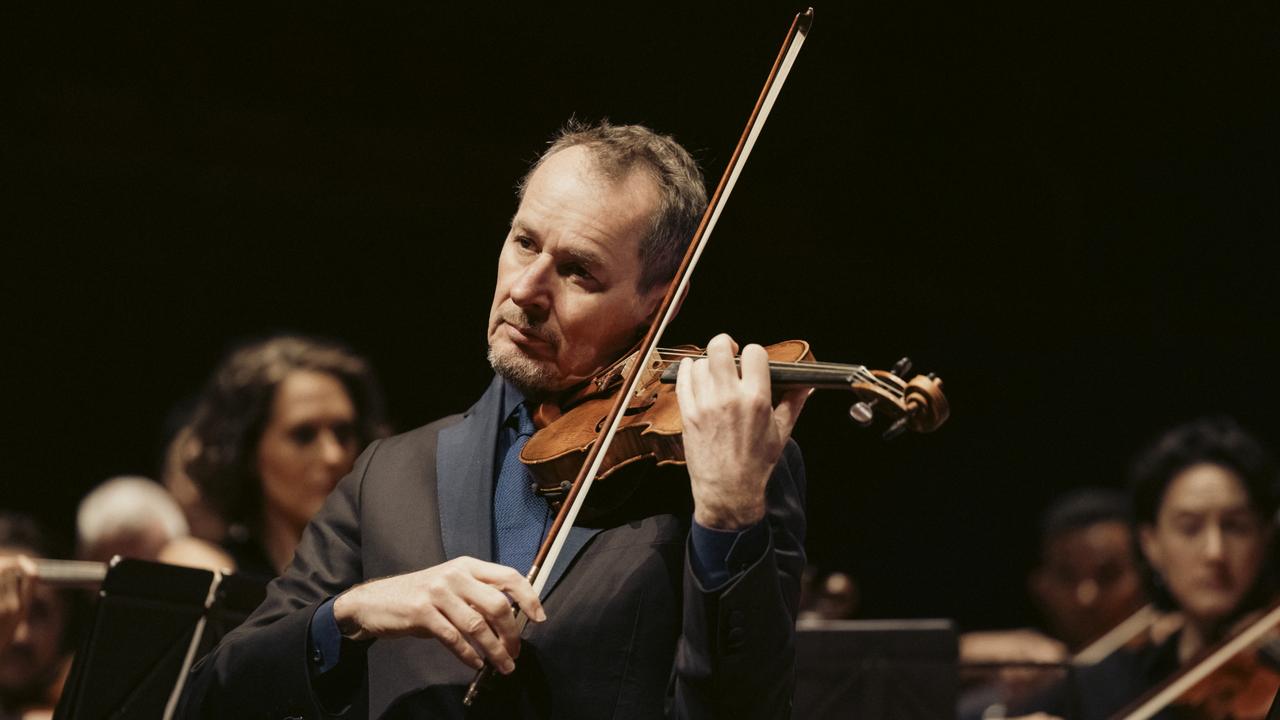RNSH emergency doctor suggests urgent blood delivery by drone at Social Media and Critical Care conference in Germany
A GENIUS idea by a Royal North Shore Hospital emergency doctor to deliver blood by drone to accidents and disasters has been welcomed at an international conference.
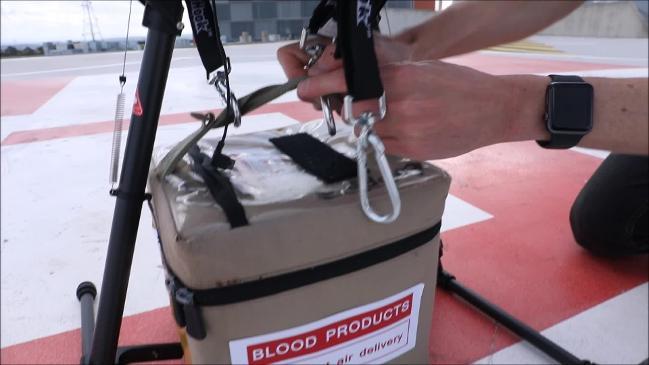
Mosman
Don't miss out on the headlines from Mosman. Followed categories will be added to My News.
DRONES are not just for the military or photographers — if a doctor’s idea takes off they might save someone’s life.
Brian Burns, of the Royal North Shore Hospital’s emergency department, believes that urgent blood delivery by drone to accidents or disasters might be fewer than five years away.
Dr Burns raised the idea during his opening talk at the Social Media and Critical Care (SMACC) conference in Germany last week.
“The idea resonated with the critical care community at the conference,” he said.
“It was very well received by the 2700 people in the audience and many thousands online.
“I plan on discussing this idea with key stakeholders and developing a pilot project.
“It has been discussed, but is not currently being done in clinical practice anywhere in the world.”
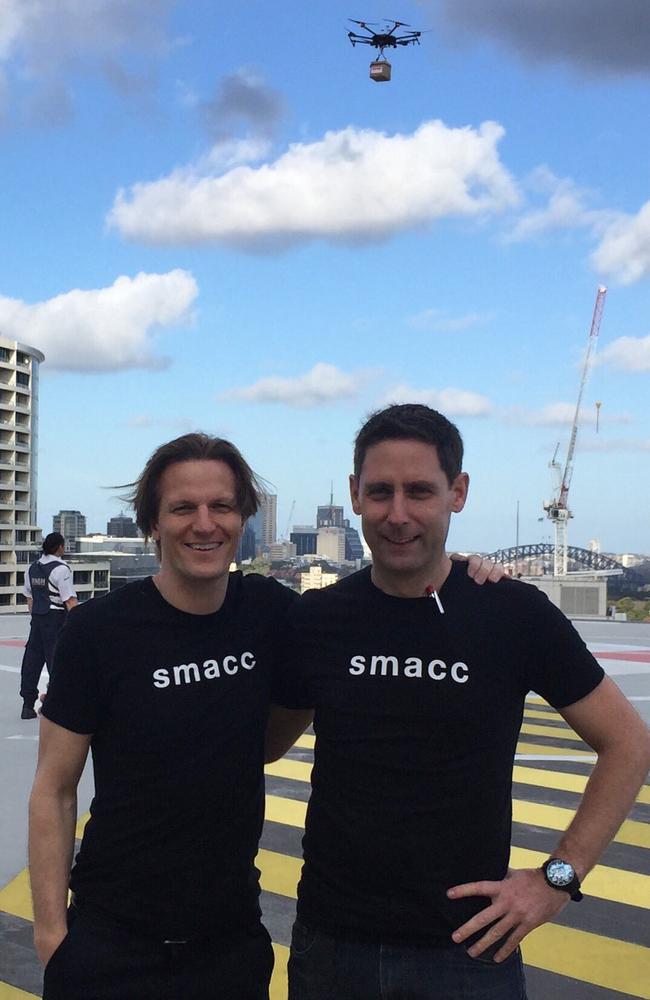
Dr Burns, who is also the trauma director for the Western NSW Local Health District, said he was frustrated at the time it could take to get blood to trauma victims in remote areas of NSW.
He flies regularly in the NSW ambulance rescue helicopters, delivering critical care and retrieval for patients across the state.
Dr Burns said technology helped to tackle gaps in trauma care, including assisting people in remote areas.
“The challenge of this country is that not everyone lives near a trauma hospital and we need to harness technology to give everyone the best chance of survival, regardless of where they live,” he said.
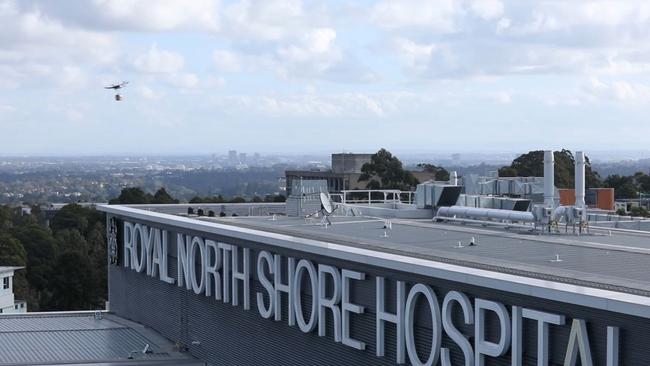
“Getting blood products to a scene quickly can be the difference between life and death. Blood products are an emergency lifeline.
“If any country is going to be innovative in this area, it’ll be Australia because of the distances involved. Challenges foster innovation.”
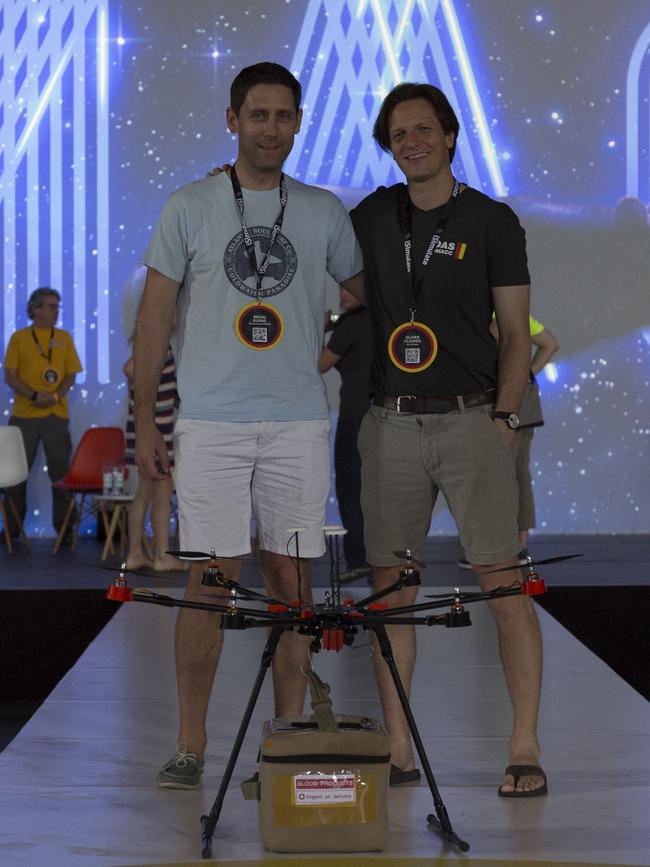
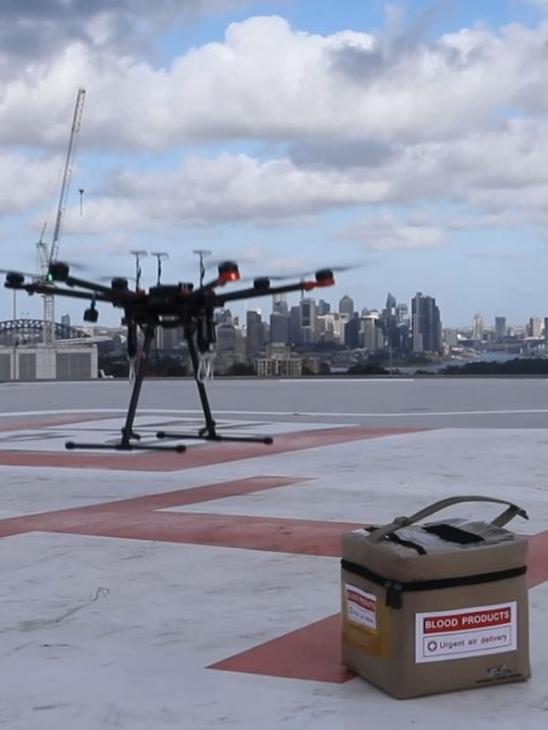
Dr Burns believes that drones carrying lifesaving blood could be dispatched from the nearest major hospital.
This would ensure supplies arrived at the scene before or at the same time, doctors and paramedics arrived by helicopter.
Currently, helicopter crews are limited by the amount and type of blood products available to them.
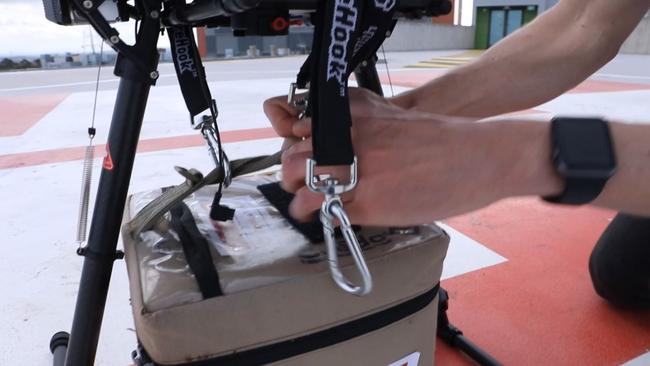
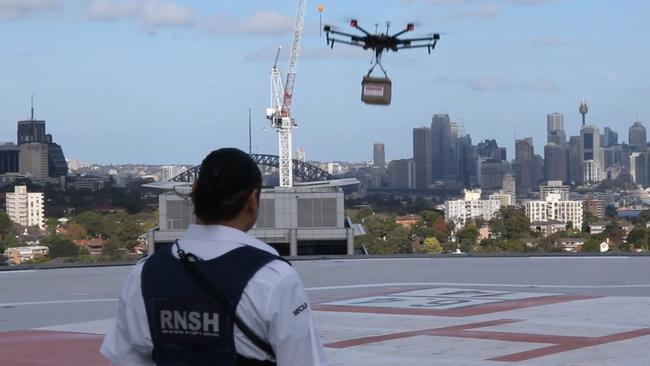
Drones could potentially boost the supplies taken to the scene.
SMACC is a health promotion charity co-founded by the RNSH’s Dr Oliver Flower, a doctor in the intensive care unit.
The charity started as the result of a worldwide social media critical care community swapping information and advice.
Visit smacc.net.au for more information about SMACC.

